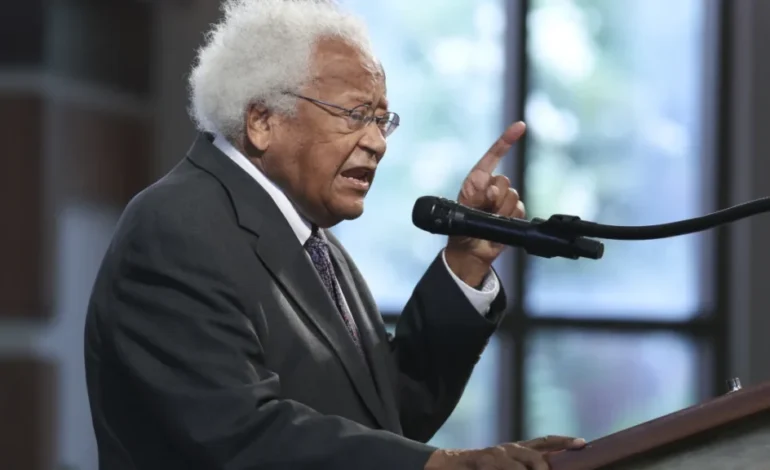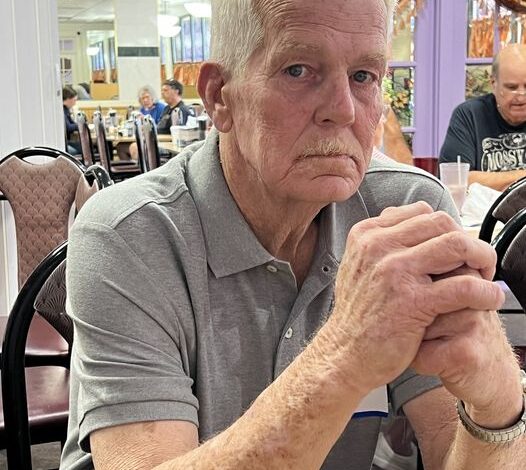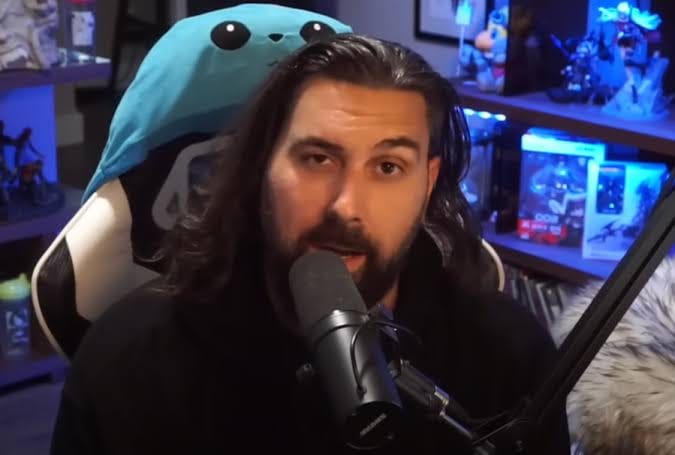James Lawson was born in Uniontown, Pennsylvania, in 1928. From a young age, he exhibited a strong sense of justice and a commitment to nonviolence. His early life set the stage for his future contributions to the civil rights movement. In 1951, Lawson made a bold statement against militarism by refusing to register with the armed forces, leading to his imprisonment. This act of conscience reflected his deep commitment to peace and justice, principles that would guide his life’s work.
Upon his release in 1952, Lawson traveled to India as a missionary with the Methodist Church. It was there that he immersed himself in the teachings and practices of Mahatma Gandhi, studying the philosophy of nonviolent resistance that Gandhi had effectively used to challenge British colonial rule. This period in India profoundly influenced Lawson’s approach to activism, providing him with the theoretical and practical foundation for his future work in the United States.
Returning to the U.S. in 1956, Lawson continued his education at Oberlin College School of Theology and Vanderbilt University. His academic pursuits were complemented by his active engagement in the civil rights movement. Lawson became a close advisor to Dr. Martin Luther King Jr., who regarded him as “the leading theorist and strategist of nonviolence in the world.” This collaboration was pivotal in the movement, with Lawson’s strategic insights shaping many key initiatives and actions.
Lawson’s impact was particularly significant in the South, where he moved to teach nonviolence and organize local communities. In Nashville, Tennessee, he organized workshops on nonviolence for residents and students, including those at Vanderbilt University. These workshops were instrumental in preparing activists for the challenges they would face during the desegregation efforts of the 1960s. Lawson’s teachings emphasized discipline, resilience, and the moral power of nonviolent resistance.
One of the most notable campaigns that Lawson influenced was the lunch counter sit-ins in Greensboro, North Carolina. Inspired by these actions, Lawson and his colleagues held similar nonviolent protests in downtown Nashville. These efforts were met with fierce opposition, and in 1960, Lawson was expelled from Vanderbilt University due to his involvement in the city’s desegregation movement. However, his expulsion only served to galvanize the movement, drawing national attention to the injustices faced by African Americans in the South.
Following the assassination of Dr. King in 1968, Lawson continued his work with civil rights organizations, including the Southern Christian Leadership Conference (SCLC). He became the pastor of Holman United Methodist Church in Los Angeles in 1974, a position he held until 1999. During his tenure, Lawson transformed the church into a hub for social justice activism, organizing numerous workshops and initiatives that promoted nonviolence and equality.
Even in his later years, Lawson remained an active and influential figure. He continued to lead workshops on nonviolence, sharing his vast knowledge and experience with new generations of activists. He also taught at the University of California, Los Angeles (UCLA), where he was regarded as one of the most impactful social justice leaders of the twentieth century. His teachings at UCLA inspired countless students to pursue careers in social justice and advocacy.
Tributes to Lawson have poured in from all corners of the globe, highlighting his profound influence and the enduring legacy of his work. In his famous “I’ve Been to the Mountaintop” speech, delivered on April 3, 1968, Dr. King praised Lawson and other leaders for their unwavering commitment to justice. “I want to commend the preachers, under the leadership of these noble men: James Lawson, one who has been in this struggle for many years; he’s been to jail for struggling; but he’s still going on, fighting for the rights of his people,” King said.
These words resonate deeply as we reflect on Lawson’s life and legacy. His work was not only about fighting against injustice but also about building a vision of a better, more equitable world. Lawson’s teachings on nonviolence were not just tactics for protest but a way of life, a moral framework that emphasized love, respect, and the inherent dignity of every human being.
Lawson’s contributions extended beyond the civil rights movement. He was deeply involved in labor rights, advocating for fair wages and working conditions for all. His activism intersected with various social justice issues, including immigration rights, LGBTQ+ rights, and environmental justice. Lawson’s holistic approach to activism demonstrated his belief that all forms of oppression are interconnected and that the fight for justice must be inclusive and comprehensive.
As we remember James Lawson, we celebrate a life dedicated to the pursuit of justice and equality. His work has left an indelible mark on the world, inspiring countless individuals to stand up against oppression and fight for a better future. Lawson’s legacy lives on in the movements he helped shape, the people he inspired, and the countless acts of courage and compassion that his teachings continue to motivate.
James Lawson’s passing is a profound loss, but his life serves as a powerful reminder of the impact that one person can have on the world. His commitment to nonviolence, his strategic brilliance, and his unwavering dedication to justice have set a standard for future generations of activists. As we mourn his loss, we also recommit ourselves to the principles he championed, carrying forward his vision of a just and equitable society.




